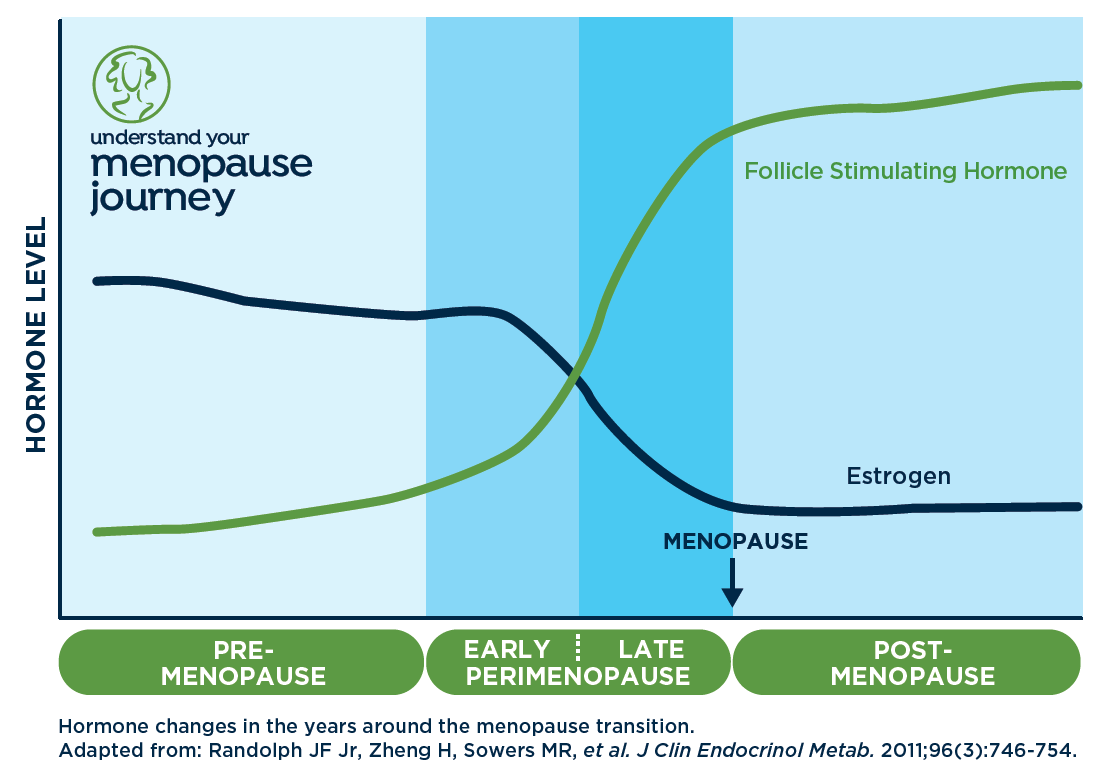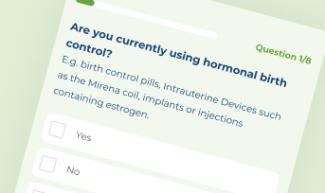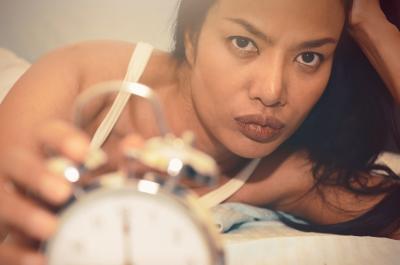
Did you know the term menopause refers to only a single day? The day that marks 12 months since you had your last period is your “menopause.”
But the journey to menopause is not that simple. For example, you might skip your periods for a couple of months and then get a heavy flow out of nowhere before they stop for good, or maybe you have a barely-there period one month and a heavy one the next for a few years.
Then there are the symptoms. What do you think of when you hear the word “menopause”? We’re sure it’s not the definition we mentioned above, but rather the symptoms and the years after your period stops.
When you’re experiencing menopausal symptoms, but your period hasn’t stopped yet, or it has been less than a year since you’ve had a period, this is actually the phase known as “perimenopause.” The name here literally means near or around menopause1.
This stage can last for years and is also when most of the symptoms associated with menopause begin.
Once you’ve passed menopause, you enter the stage known as “postmenopause.” You may still have 'menopausal symptoms' even for years after your last period, but often they will get better and go away with time.
Let’s see more about what happens around menopause.
Hormonal changes approaching menopause
As you approach menopause, the ovaries produce less and less of the sex hormones estrogen and progesterone. In response to the declining estrogen levels, follicle stimulating hormone begins to rise.
These hormonal changes can cause many of the symptoms associated with menopause.
Your periods become more infrequent and irregular, but once the ovaries stop releasing eggs altogether, your periods stop completely.

Signs and symptoms of menopause
Other than changes to your menstrual cycle, you may notice some of the following symptoms2,3:
- Vasomotor symptoms - these happen when your blood vessels get constricted or dilated, so think symptoms like hot flashes, night sweats, or palpitations
- Sexual symptoms - these are the symptoms that can affect your sex life, like vaginal dryness, which can be accompanied by pain, itching, or discomfort during sex, or a reduced sex drive
- Physical symptoms - you may experience physical symptoms linked to the hormonal changes in your body. You might see these appear as joint pain, weight gain, hair loss or hair thinning, and headaches
- Psychological symptoms - you may get psychological symptoms around menopause such as mood swings or anxiety
- Cognitive symptoms - you may also experience cognitive symptoms like temporary memory loss, grasping for words, concentration problems, or brain fog

Is Clearblue® Menopause Stage Indicator right for me?
Take our simple quiz to find out!
Also, it’s good to know that you’re not alone. Far from it, as 50 to 82% of women in the US experience vasomotor symptoms4, usually beginning during perimenopause and peaking approximately one year after the final menstrual period. These symptoms can appear months or years before menopause and can even last around four or more years after you’ve had your last period. There is some good news though, as most of these symptoms can be helped with many treatment options.
Sources
- https://www.mayoclinic.org/diseases-conditions/perimenopause/symptoms-causes/syc-2035466
- https://www.mayoclinic.org/diseases-conditions/menopause/symptoms-causes/syc-20353397
- https://my.clevelandclinic.org/health/diseases/21841-menopause
- https://pubmed.ncbi.nlm.nih.gov/24463691/

Know more about the menopause journey
Download the Menopause Stage - Clearblue® me app to access relevant educational content, track your symptoms & periods



